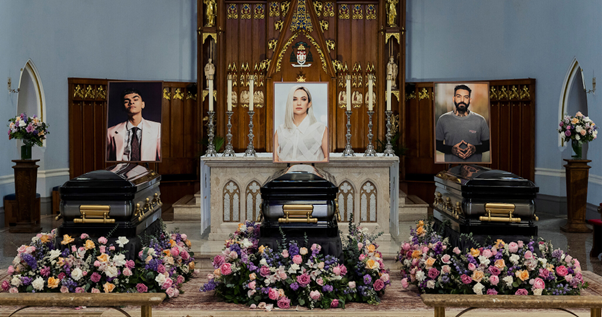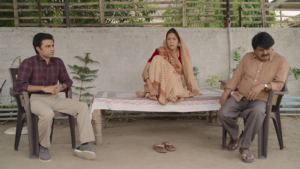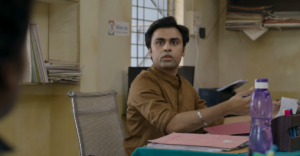The final episode resumes with Roderick’s miraculous resurrection, orchestrated by Verna. She reminds him that their pact isn’t concluded yet, hinting at unfinished business. Back in the present, Arthur Pym tries to sway Lenore into reciting prepared statements, but she insists on her truthfulness. Meanwhile, Roderick and Madeline express pride in Lenore’s integrity, noting her resemblance to her grandmother, Annabel Lee. Madeline confides in Arthur about the board’s inclination to appoint her as CEO, while Roderick appears disinterested. The rift between the Usher siblings widens.
The narrative shifts back to the past, providing poignant insights into Roderick and Annabel’s estrangement. Annabel confronts Roderick about his exploitation of their children and the betrayal of Auguste. The emotional exchange reveals Annabel’s deep hurt and the impending fracture of their union. Roderick, haunted by hallucinations of a Jester, grapples with the consequences of his choices.
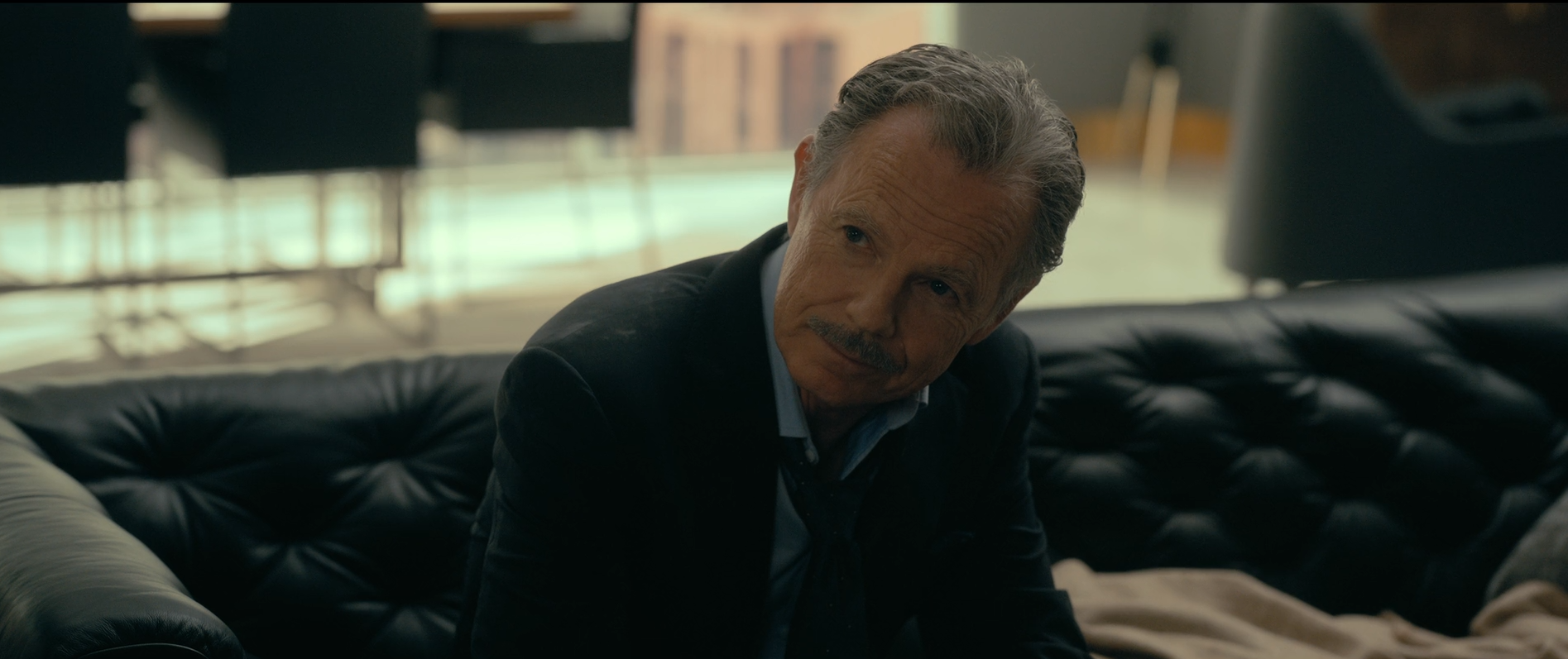
In 1979, Roderick’s loyalty gains favor with Rufus, Fortunato’s boss, leading to promising career prospects. Madeline seizes an opportunity to execute a chilling plan involving Rufus and the halted construction. The devilish deal between Roderick, Madeline, and Verna is unveiled. In exchange for boundless wealth and power, they accept a fateful condition tied to their Usher lineage. Lenore’s compassionate act in the face of her mother’s impending fate highlights her inherent goodness. Verna orchestrates a dignified passing for Lenore. In the present, Auguste grapples with the revelation of Lenore’s fate, suspecting her continued influence.
The truth behind the “Nevermore” message is unveiled. The narrative transcends time, depicting Roderick’s profound grief over Lenore’s loss. The symbolic presence of the raven encapsulates the descent into chaos. Madeline’s return to her childhood home exposes Roderick’s betrayal, leading to a fateful resolution. The narrative culminates in a powerful reckoning, as Madeline confronts Roderick about his treachery. Their shared history unravels, culminating in a chilling revelation. As the house crumbles, Auguste confronts the spectral presence of a raven.
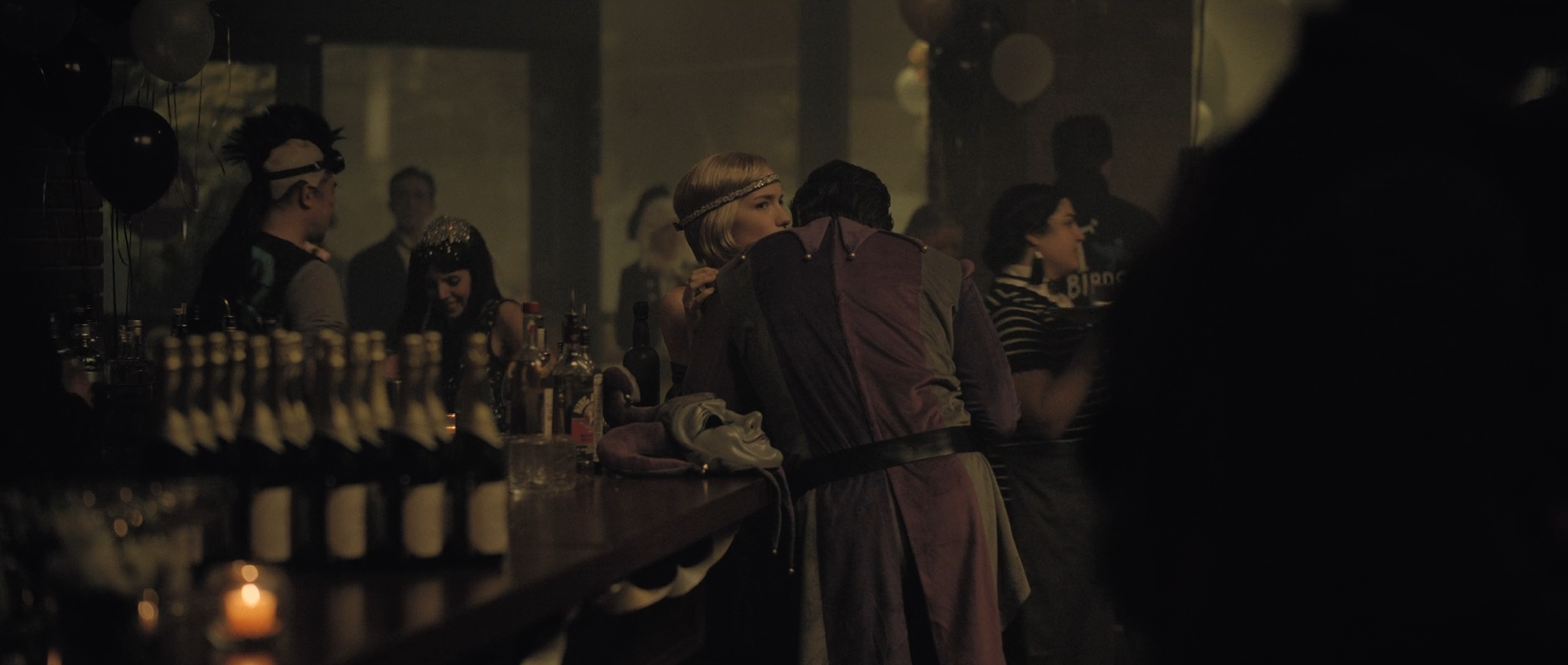
The finale’s seamless interweaving of these narratives is a testament to the creative brilliance driving the show. The symbolism and themes drawn from Poe’s works are reimagined with precision, maintaining a palpable connection to their source material. Annabel Lee’s presence looms large, shaping the fractured relationships within the Usher family. The emotional exchange between Annabel and Roderick unveils a profound betrayal and impending separation, underscoring the episode’s exploration of duality. The incorporation of “The Cask of Amontillado” adds a chilling layer to the narrative, as Roderick and Madeline execute a calculated plan against Rufus.
The act serves as a testament to their ruthless determination and the lengths they are willing to go. The devil’s deal, a central element in Poe’s works, takes center stage, offering boundless wealth and power in exchange for a fateful condition. The Usher siblings’ acceptance of this pact propels them toward an inescapable fate. The crumbling house, symbolizing the Usher legacy, is a visual metaphor for the unraveling of the family’s dark history. The raven’s presence crowns the episode, embodying the chaos that ensues.
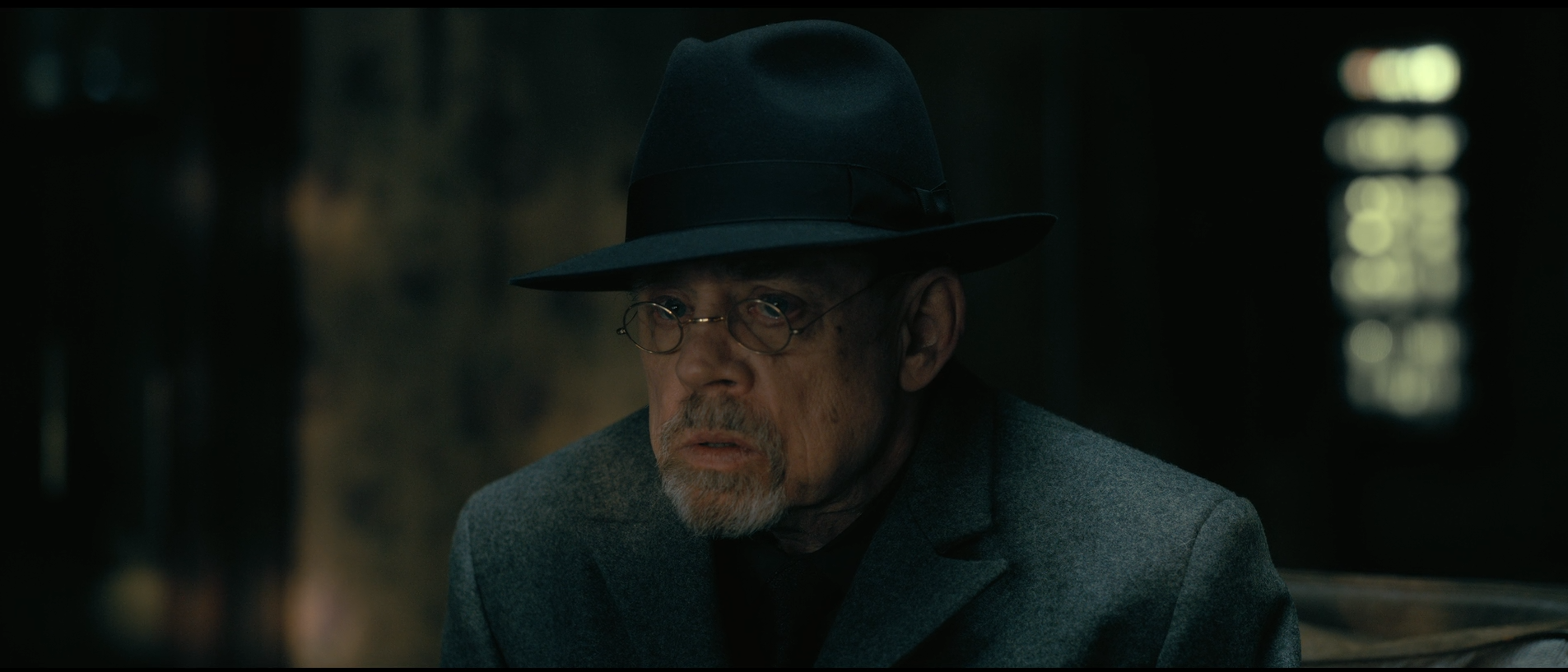
In Mike Flanagan’s ‘The Fall of the House of Usher’, the fusion of Edgar Allan Poe’s macabre tales with contemporary storytelling results in a haunting masterpiece. The series artfully navigates the thin line between sanity and madness, immersing us in a world where reality and the supernatural intertwine seamlessly.
Flanagan’s use of vivid imagery, coupled with a meticulously crafted soundscape, creates an atmosphere that lingers long after the credits roll. The incorporation of Poe’s iconic symbols and themes, from ravens to ticking clocks, adds a layer of depth that will captivate any fan of Gothic literature. The ensemble cast delivers exceptional performances, with Bruce Greenwood, Mary McDonnell, and Mark Hamill standing out in their respective roles. Their portrayal of the complex Usher siblings adds an extra layer of intrigue to the narrative.
While some characters could benefit from further development, this slight shortcoming is overshadowed by the show’s overall brilliance. Flanagan’s direction, coupled with Poe’s literary genius, results in a Gothic horror experience that’s not to be missed. ‘The Fall of the House of Usher’ is a chilling tale that will leave you questioning reality long after the credits roll. My rating for the show will be 4.5/5.

